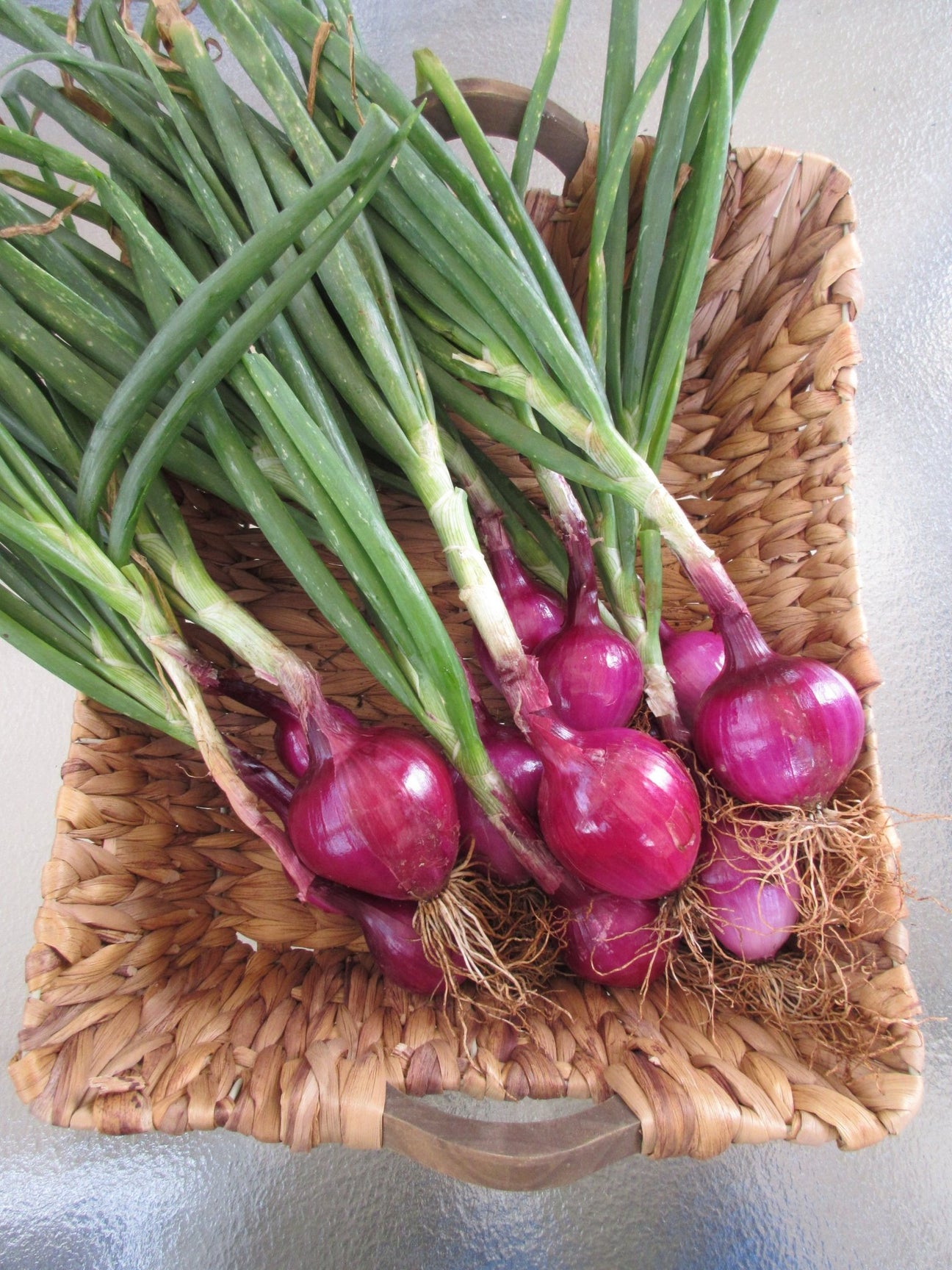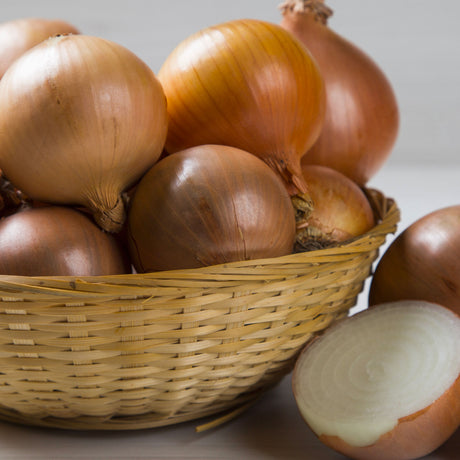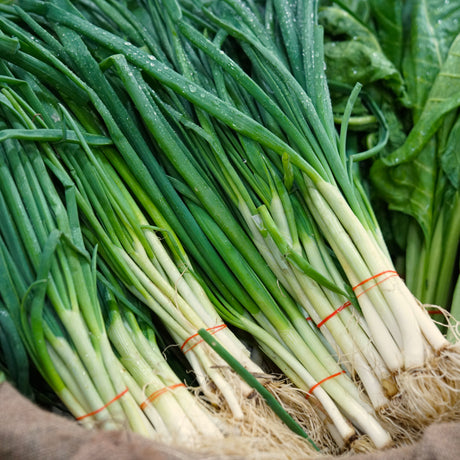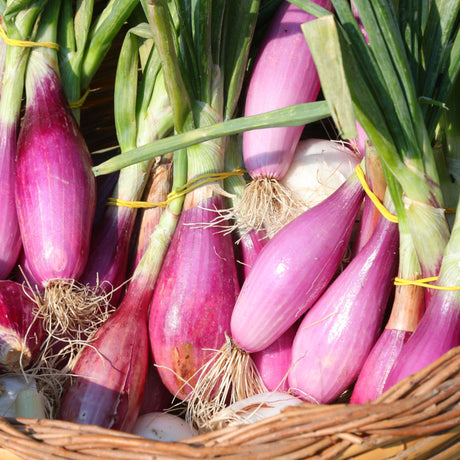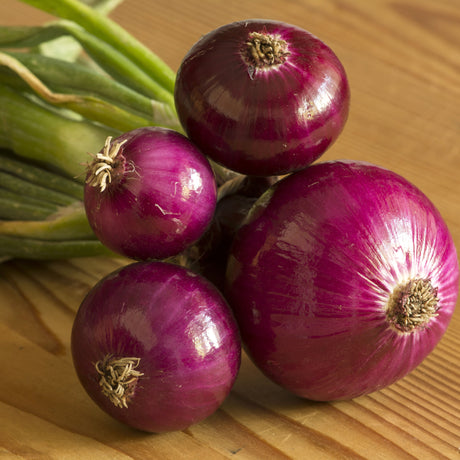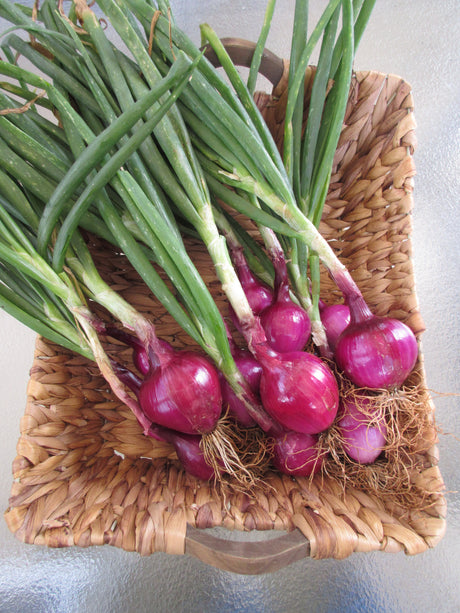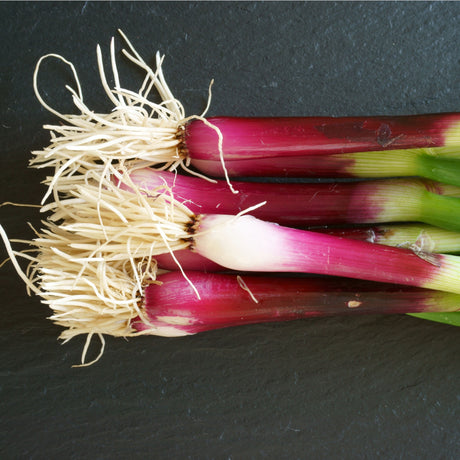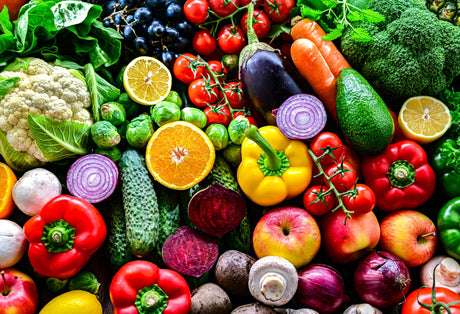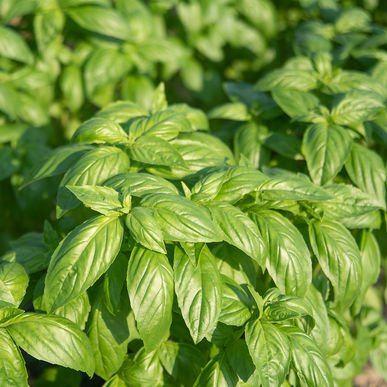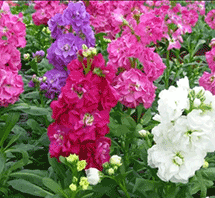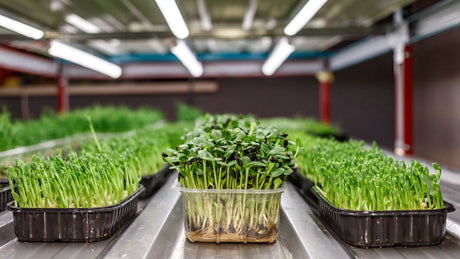- $3.90Unit price /Unavailable
- $3.90Unit price /Unavailable
- $3.90Unit price /Unavailable
- $3.90Unit price /Unavailable
- $3.90Unit price /Unavailable
More about Onion
Allium cepa
Onions are slow to germinate and slow growing, requiring close attention to weeding and watering. They do best on fertile soils and are suitable for temperate and subtropical areas. They prefer an open, sunny site, with free drainage and a pH above 6.5. The flowers of onions are attractive to bees and other useful insects. Onions are mostly grown as a winter crop. In southern Australia onions are sown (depending on variety) from mid-May to August; in Queensland onions are usually sown from March to June. Seed is hard to germinate in hot weather. Seed germinates best at 10 - 23°C soil temperature. Sow seed 1 to 2 cm deep, cover with soil and firm down. Space rows 25 - 30 cm apart. Seed takes 7 - 10 days to germinate. Thin to 8 - 10 cm apart in the rows to produce a good-sized bulb. It takes 12 weeks for seeds sown in trays to be ready to transplant. To transplant, trim the tops and avoid planting them too deeply, less than 1 cm deep. Onions are ready to harvest when the tops shrivel just above the bulb and bend over. You can lift them early while the tops are still green but they will not keep well. Mature onions can be stored in open mesh bags in a cool, dark, well-ventilated position.

